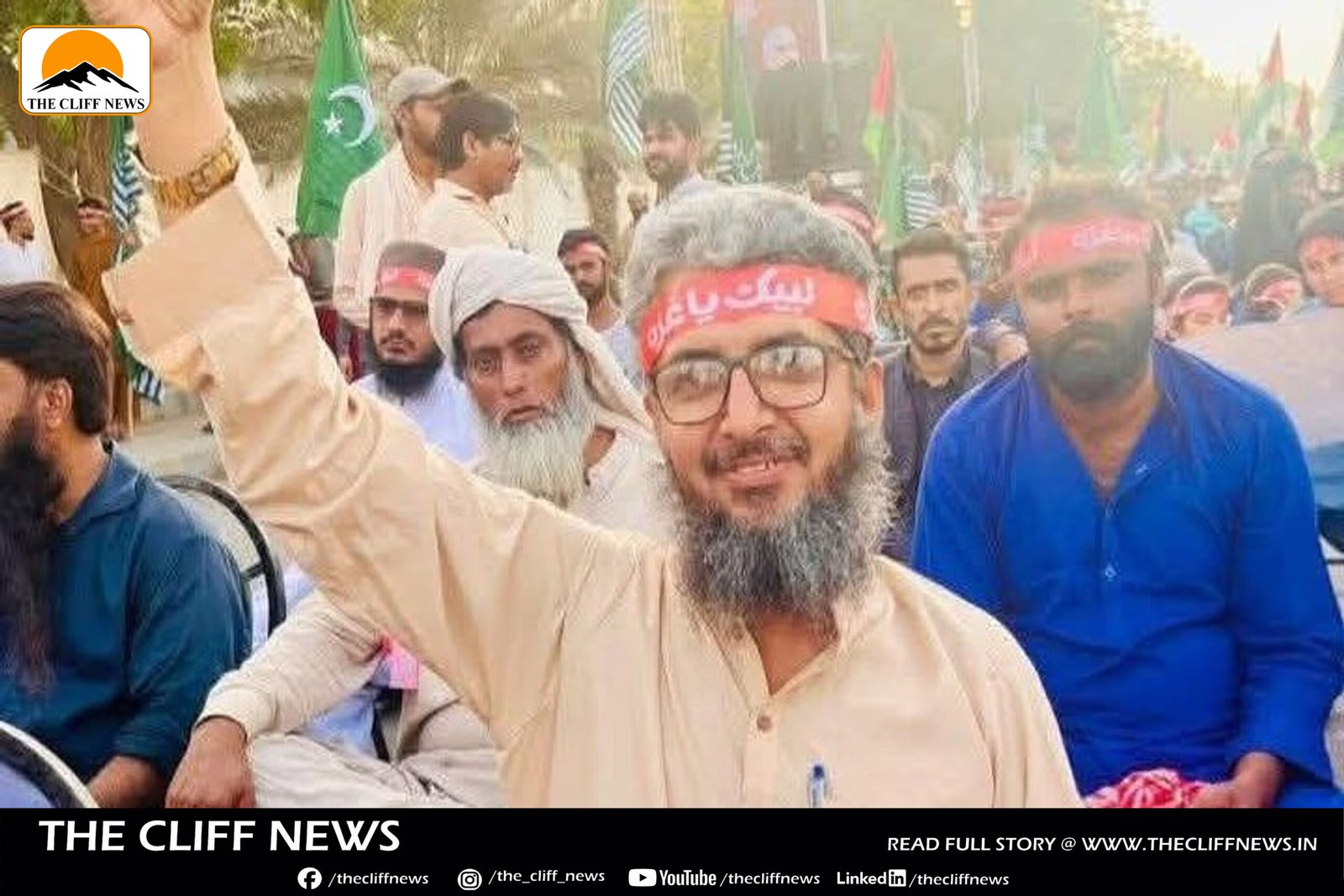A top Lashkar-e-Taiba (LeT) terrorist and mastermind of several deadly attacks in India, Razaullah Nizamani Khalid, also known by aliases such as Abu Saifullah Khalid, Vinode Kumar, and Mohammed Salim, was shot dead by three unidentified gunmen in Sindh province of Pakistan on Sunday, officials in India confirmed.
Khalid was a key figure in LeT’s operations from Nepal in the early 2000s, and is notably held responsible for planning the 2006 attack on the Rashtriya Swayamsevak Sangh (RSS) headquarters in Nagpur, where all three terrorists were neutralized during the attack.
A Mastermind of Multiple Terror Strikes
Beyond the RSS attack, Khalid was allegedly involved in:
- The 2005 Indian Institute of Science (IISc) attack in Bengaluru, which killed Professor Munish Chandra Puri and injured four others.
- The 2008 CRPF camp attack in Rampur, Uttar Pradesh, which left eight dead, including seven security personnel and one civilian.
According to officials, Khalid played a major operational role in recruitment, logistics, and cross-border movement of LeT operatives via Nepal, making him a critical asset in the terror group’s South Asia strategy. He worked closely with high-ranking LeT figures, including Azam Cheema alias Babaji, Yaqoob (LeT’s chief accountant), and Yusuf Muzammil, commander for Jammu and Kashmir.
Death in Sindh Under Mysterious Circumstances
Khalid was reportedly shot near a crossing in Badni, Sindh, after leaving his residence in Matli. Though Indian officials regard this as a significant blow to LeT, local Pakistani media have attributed the killing to personal enmity, downplaying its implications for terror networks.
After his network in Nepal was dismantled by Indian agencies, Khalid returned to Pakistan, where he continued to work for LeT and its sister organisation Jamaat-ud-Dawah (JuD), focusing on recruitment and fundraising in Sindh’s Badin and Hyderabad districts.
His killing comes amid rising internal tensions within extremist groups operating in Pakistan and is seen by Indian officials as a long-overdue neutralisation of a high-value terrorist long on the radar of security agencies.



